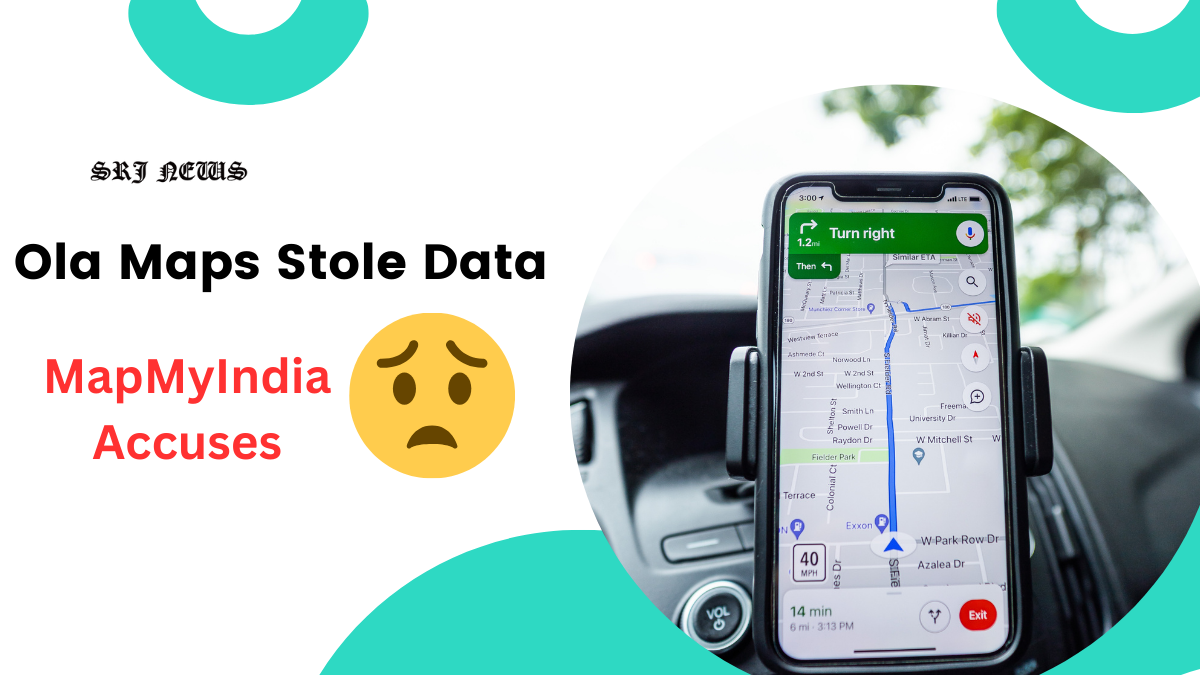
CE Info Systems, the parent company of MapMyIndia, has filed a lawsuit against Ola Electric, accusing the company of stealing proprietary data to create Ola Maps.
According to some sources, the allegations include duplicating MapMyIndia’s APIs and SDKs, co-mingling data, and reverse engineering licensed products, actions explicitly prohibited under their June 2021 agreement.
Key Points
- MapMyIndia accuses Ola Electric of data theft.
- Claims Ola copied APIs and SDKs from MapMyIndia.
- Allegations state Ola violated the 2021 licensing terms.
- Ola denies the allegations as false and misleading.
- Ola moved from Google Maps to its own mapping service.
- Accusations arise amid Ola Electric’s IPO preparations.
What are the allegations and details of the legal notice?
The legal document from CE Info Systems states, “You have duplicated our client’s API and SDKs from proprietary sources belonging to our client to build Ola Maps. It is firmly stated that our client’s exclusive data has been copied/derived by you to further your illegal motive and for your unjust commercial gains.”
CE Info Systems claims that Ola’s creation of Ola Maps involved more than just open-source data and real-time information from the Ola fleet, contrary to Ola’s statements. Ola launched Ola Maps in early July, with Bhavish Aggarwal, founder and CEO of Ola, highlighting the cost savings achieved by transitioning from Google Maps and Azure.
How has Ola Electric responded?
An Ola Electric spokesperson addressed the allegations, stating, “Ola Electric wishes to address the recent claims made by CE Info Systems Limited in relation to the alleged issues with Ola Maps vis-a-vis MapMyIndia and reported in news media.
We would like to state that these allegations are false, malicious and misleading. Ola Electric stands by the integrity of its business practices. We will suitably respond to the notice shortly.”
What are the industry reactions and developments?
The launch of Ola Maps prompted a significant response from Google, which cut its Google Maps pricing in India by 70% and offered a 90% discount for ONDC developers. In turn, Ola Maps announced a 50% discount on Google’s new prices for large volumes and provided 5 million free API calls per month.
Despite the ongoing legal battle, Ola continues to promote its mapping solution as a cost-effective alternative to Google and Microsoft. However, CE Info Systems’ allegations, if proven, could have severe legal and financial repercussions for Ola, especially as it prepares for its IPO and seeks to establish a foothold in the competitive digital mapping market.
What could be the implications for Ola Electric?
The lawsuit filed by CE Info Systems against Ola Electric highlights significant tensions in the digital mapping industry. The outcome of this legal dispute will be closely watched, as it may set important precedents for data use and intellectual property rights within the technology sector.
Also Read
RECENT POSTS
- Ola Electric IPO: 2-6 Aug, Rs 72-76 per share, Rs 6,145.56 cr.
- US Stocks Decline and Bond Yields Drop Following Economic Data Release
People May Ask
What the lawsuit is about?
CE Info Systems has filed a lawsuit against Ola Electric, accusing the company of stealing proprietary data to create Ola Maps.
What are the specific allegations?
The allegations include duplicating MapMyIndia’s APIs and SDKs, co-mingling data, and reverse engineering licensed products.
How has ola responded to the allegations?
Ola Electric has denied the allegations, calling them false, malicious, and misleading. They plan to respond to the legal notice shortly.
What has been the industry reaction?
Following the launch of Ola Maps, Google significantly reduced its Google Maps pricing in India. Ola Maps responded with discounts and free API calls.
What could be the implications for Ola?
If the allegations are proven, Ola could face severe legal and financial repercussions, affecting its IPO and market position.

